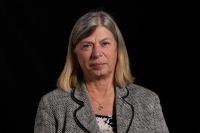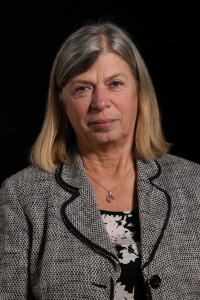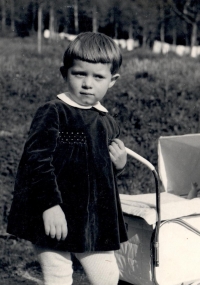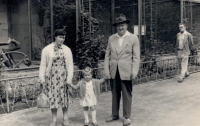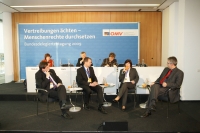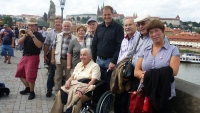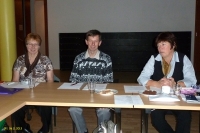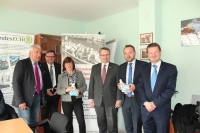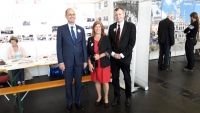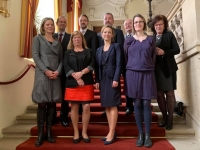What was more painful? To lose your home, or your identity?

Download image
Irena Nováková née Schmidt was born on 4 November 1959 in Jablonec nad Nisou. Her parents were Sudeten Germans from the town of Jablonec who avoided expulsion after the liberation of Czechoslovakia in 1945. Her father, Otto Schmidt, could stay in the country as an expert in his profession, despite his German origin, as he was a glass-blower making light-bulbs in a Tesla factory. As a result of Beneš’s decrees, her parents lost their house in Jablonecké Paseky in 1947 to a ‘national administrator’ who settled there. Her parents built a new house in another part of Jablonec, which they could later buy and own legally. Yet they were never compensated for the confiscation of their original house. As her parents didn’t engage in political life (apart from her mother joining the communist party to better her daughter’s political profile) Irena had a happy childhood and had been growing up without difficulties. All her parents did in this aspect was to join the newly established Cultural Association of People of German origin in 1969. She graduated from grammar school and did her follow-up-studies in tourism in Tábor. She had been working in Hotel Korzo in Jablonec, later, she moved to Prague with her husband, passed the tourist guide exams and had been working as a guide for German tourists. In 2006, she joined the Cultural Association of People of German, renamed to Association of Germans and friends of German Culture, becoming its chairwoman just a year later. As its member, she participated in various activities to strengthen Czech-German relations. She attended meetings of Sudeten German compatriots, co-founded the Centre of Czech-German understanding in Rýnovice, and co-wrote a book, Stories of the Jizera Mountains Germans after 1945. She was awarded the Prize of Czech-German understanding for her activities in 2015.
